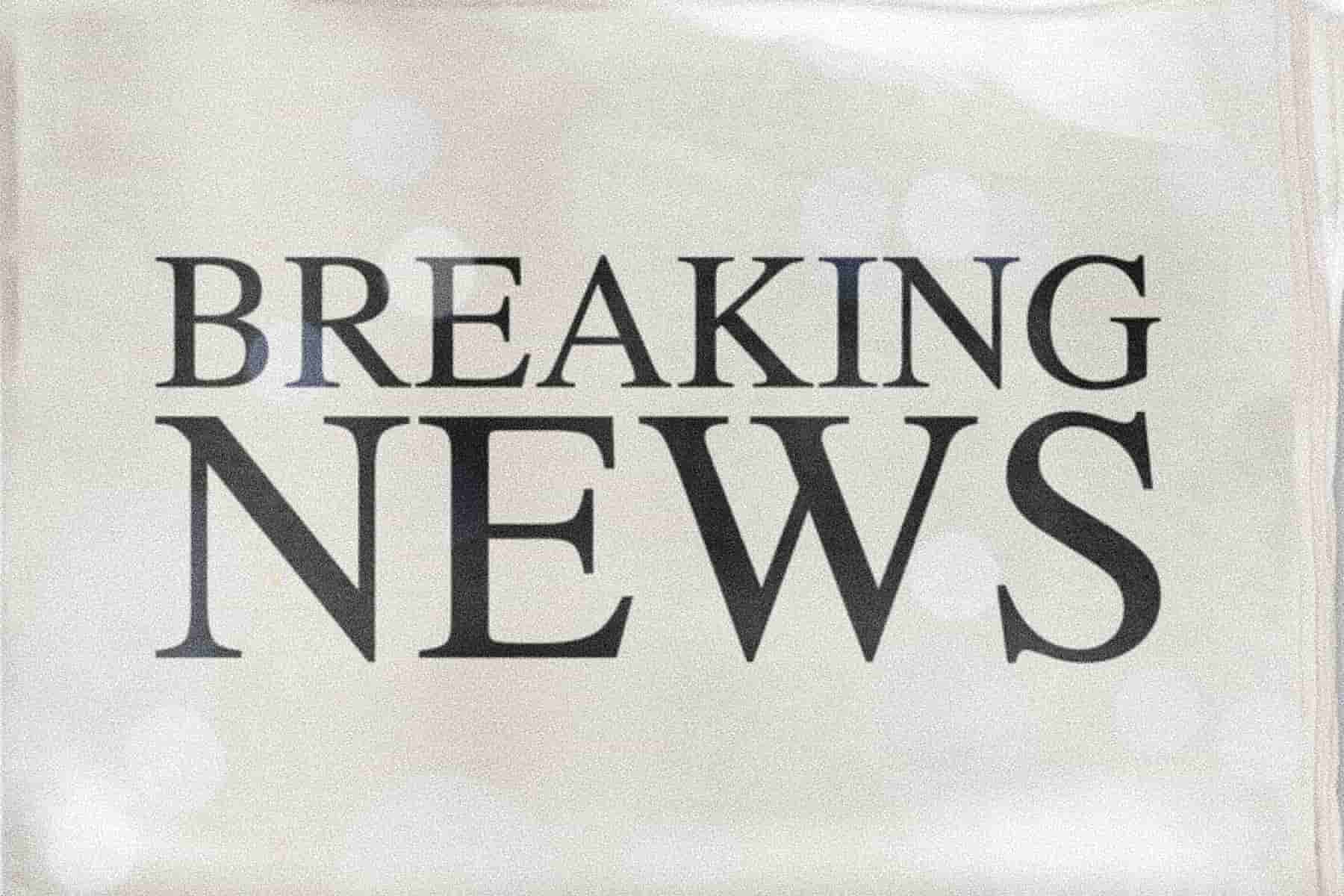On Tuesday, the Supreme Court will hear a case that could impact the 2024 presidential election and lead to the release of or reduction in sentences for hundreds of January 6 [protesters].
Before the trials began, the J6 prosecutors decided that the most serious charge they could get a conviction for was an obstruction charge. The prosecutors were alleging that the rioters obstructed an official proceeding of Congress, making the crime eligible to be prosecuted for anyone who “corruptly alters, destroys, mutilates, or conceals a record, document, or other object, or attempts to do so, with the intent to impair the object’s integrity or availability for use in an official proceeding; or (2) otherwise obstructs, influences, or impedes any official proceeding, or attempts to do so.”
There are two points of contention for defense attorneys. The first is the definition “corruptly” and the second is the “otherwise” wording that leads, they say, to an overly broad interpretation of the statute.
The case involves Joseph W. Fischer, an off-duty Pennsylvania police officer, who is facing several charges as a result of his admitted participation in the riot.
Washington Post:
Fischer’s lawyers say the two sections of the statute must be read together, and the court must reject the government’s “boundless” interpretation. The obstruction measure is all about preserving the availability of evidence, they argue, as well as Congress’ interest in protecting the integrity of an investigation or other official proceeding..
God Bless You and Your Families!
Love,![]()
![]()

Please think about donating below.


